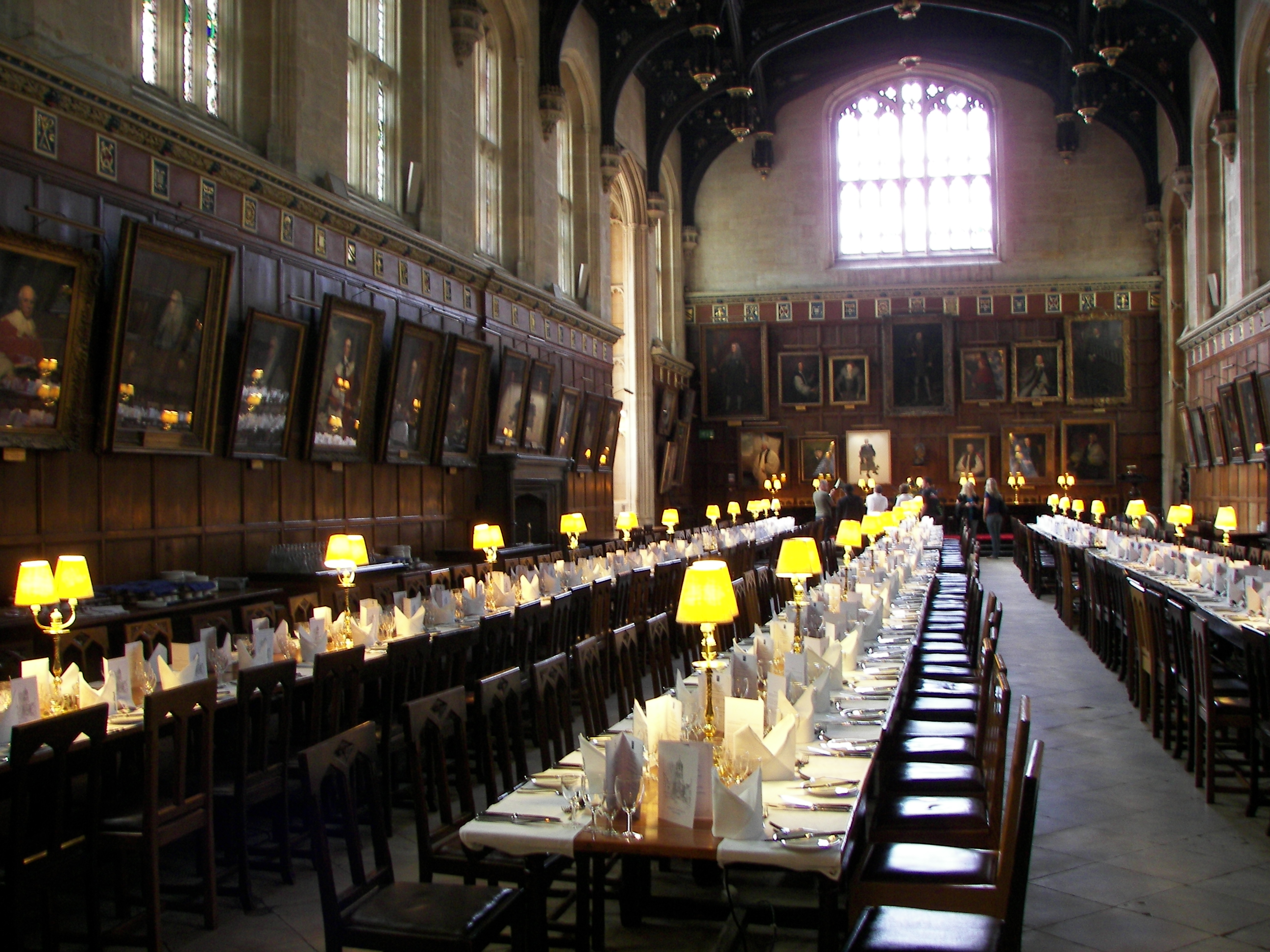William Gager on:
[Wikipedia]
[Google]
[Amazon]
William Gager (1555–1622) was an English jurist, now known for his Latin dramas.
William Gager was the son of Gilbert Gager and Thomasina Cordell Gager. He was educated at  His works were produced at the
His works were produced at the Online texts
/ref> Gager is mentioned alongside Shakespeare in
Review of ''William Gager: The Complete Works''Hypertext edition of The Complete Works
{{DEFAULTSORT:Gager, William 1555 births 1622 deaths English Renaissance dramatists 16th-century English writers 16th-century male writers 17th-century English writers 17th-century English male writers People educated at Westminster School, London Alumni of Christ Church, Oxford 16th-century English dramatists and playwrights 16th-century Latin-language writers 17th-century Latin-language writers New Latin-language poets
Westminster School
(God Gives the Increase)
, established = Earliest records date from the 14th century, refounded in 1560
, type = Public school Independent day and boarding school
, religion = Church of England
, head_label = Hea ...
and Christ Church, Oxford
Christ Church ( la, Ædes Christi, the temple or house, '' ædēs'', of Christ, and thus sometimes known as "The House") is a constituent college of the University of Oxford in England. Founded in 1546 by King Henry VIII, the college is uniqu ...
.
 His works were produced at the
His works were produced at the University of Oxford
, mottoeng = The Lord is my light
, established =
, endowment = £6.1 billion (including colleges) (2019)
, budget = £2.145 billion (2019–20)
, chancellor ...
, from 1582 to 1592.Arthur F. Kinney, ''A Companion to Renaissance Drama'' (2002), p. 263. He was considered one of the major dramatists of the late sixteenth century. Apart from one comedy, ''Rivales'' (1582), which has not survived, his works were all Latin tragedies. They include ''Oedipus'' (1582), ''Meleager'' (1582), ''Dido'' (1583) and ''Ulysses Redux'' (1592). He stayed closer to the model of Senecan tragedy
Senecan tragedy refers to a set of ten Ancient Rome, ancient Roman tragedies, probably eight of which were written by the Stoicism, Stoic philosopher and politician Lucius Annaeus Seneca.
Senecan Tragedies
The group comprises:
* ''Hercules (Sen ...
than other contemporaries, and adapted Seneca
Seneca may refer to:
People and language
* Seneca (name), a list of people with either the given name or surname
* Seneca people, one of the six Iroquois tribes of North America
** Seneca language, the language of the Seneca people
Places Extrat ...
's ''Hippolytus'' in 1592, with the addition of scenes.
He was also a neo-Latin
New Latin (also called Neo-Latin or Modern Latin) is the revival of Literary Latin used in original, scholarly, and scientific works since about 1500. Modern scholarly and technical nomenclature, such as in zoological and botanical taxonomy ...
poet./ref> Gager is mentioned alongside Shakespeare in
Francis Meres
Francis Meres (1565/1566 – 29 January 1647) was an English churchman and author. His 1598 commonplace book includes the first critical account of poems and plays by Shakespeare.
Career
Francis Meres was born in 1565 at Kirton Meres in the par ...
' Palladis Tamia
''Palladis Tamia: Wits Treasury; Being the Second Part of Wits Commonwealth'' is a 1598 book written by the minister Francis Meres. It is important in English literary history as the first critical account of the poems and early plays of William ...
or Wits Treasury in the section 'A Comparative discourse of our English poets, with the Greeks, Latine and Italian Poets': "''The best Poets for Comedy among the Greeks are these, Menander, Aristophanes, Eupolis Atheniensis, Alexis Terius, Nicostratus, Amipsias Atheniensis, Anaxedrides, Rhodius, Aristonymus, Archippus Atheniensis and Callias Atheniensis; and among the Latines, Plautus, Terence, Naeuius, Sext. Turpilius, Licinius Imbrex, and Virgilius Romanus: so the best for Comedy amongst us bee, Edward Earle of Oxforde, Doctor Gager of Oxforde, Maister Rowley once a rare Scholler of learned Pembrooke Hall in Cambridge, Maister Edwardes one of her Majesties Chappell, eloquent and wittie John Lilly, Lodge, Gascoyne, Greene, Shakespeare, Thomas Nash, Thomas Heywood
Thomas Heywood (early 1570s – 16 August 1641) was an English playwright, actor, and author. His main contributions were to late Elizabethan and early Jacobean theatre. He is best known for his masterpiece ''A Woman Killed with Kindness'', a ...
, Anthony Mundye our best plotter, Chapman, Porter, Wilson, Hathway, and Henry Chettle
Henry Chettle (c. 1564 – c. 1606) was an English dramatist and miscellaneous writer of the Elizabethan era, best known for his pamphleteering.
Early life
The son of Robert Chettle, a London dyer, he was apprenticed in 1577 and became a me ...
."''
Notes
External links
Review of ''William Gager: The Complete Works''
{{DEFAULTSORT:Gager, William 1555 births 1622 deaths English Renaissance dramatists 16th-century English writers 16th-century male writers 17th-century English writers 17th-century English male writers People educated at Westminster School, London Alumni of Christ Church, Oxford 16th-century English dramatists and playwrights 16th-century Latin-language writers 17th-century Latin-language writers New Latin-language poets